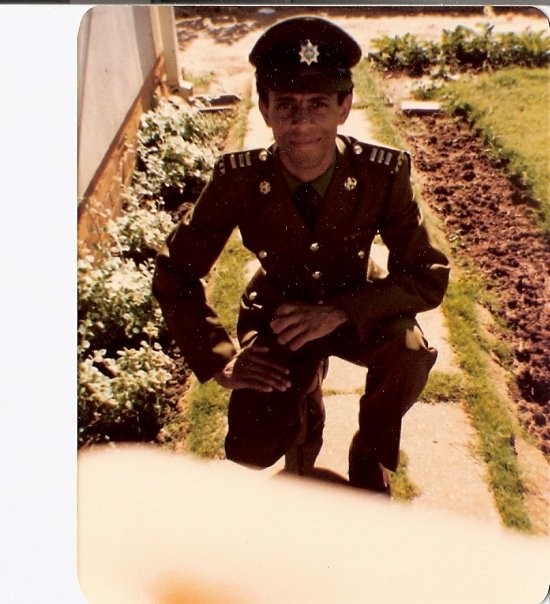
The day before Egyptian President Hosni Muburak resigned, one local man who has lived the past couple decades under political exile in Orange County wondered if social media could reignite political passions in Zimbabwe against the 31-year rule of dictator Robert Mugabe.
Sinclair Roberts, whose life mirrors changes of his country, created a “Free Zimbabwe Now” Facebook page to test the waters. To date, the effort hasn't gained traction, but another unrelated call for change in the form of a “Zimbabwe Million Citizen March” on the nation's capital city of Harare appeared on the social networking site attracting international press and Robert's endorsement.
]
The scheduled March 1 demonstration resulted in the mobilization of armed forces loyal to Mugabe; consequently not a single person turned out as emulations of Twitter-powered, Egyptian-style rebellion failed to materialize. “We suffer from uprising fatigue in Zimbabwe,” Roberts says, alluding to political violence.
Those efforts weren't the only events related to the rumblings of the north. Prior to the online activist effort, Zimbabweans were arrested and allegedly tortured for simply assembling to view footage of what had transpired in Egypt.
When asked if this climate of repression had cast a shadow over efforts to take to the streets of Harare, Roberts emphatically answered, “Most definitely,” before going on to say, “When you have activists like Munyaradzi Gwisai and 45 others arrested for treason–which carries potential for the death penalty–merely for watching video clips of the uprising in Egypt, it's a real deterrent for anyone to even contemplate a Jasmine-like revolution in Zimbabwe.”
There are other challenges to envisioning a Zimbabwe 2.0 made possible by way of dissemination of information via technological channels. “Only 15 percent of Zimbabweans have access to the Internet,” Roberts says. “Not because they can't afford it, but because the infrastructure has been deliberately restricted.”
Born in Mutare, Zimbabwe, and later moving to Bulawayo, Roberts' own personal history has crossed hairs with Mugabe. When Mugabe was prime minister with the country two years shy of independence, Roberts became the first mixed-race, or “colored,” police officer to integrate the British South Africa Police. In the post-independence era, he spent seven years working in the office of the president, mostly on Cold War and counterintelligence issues. Never a member of the ruling Zanu-PF party, things began to spiral southward in 1990.
“Mugabe's security agents had made life unbearable for me,” the dreadlocked 50-year-old recounts. “I had been forced out of my job due to my independent political views, harassed and threatened with detention. I was considered a threat to his regime's continued power over the masses of the people of Zimbabwe.”
From that point on, Roberts took his family and joined millions in the Zimbabwean diaspora, settling in Orange County back in 1992. Like so many others, he dearly misses the lands to which he can't return.
“I yearn to go back every day,” Roberts says, pouring over countless online news articles on Zimbabwe, “and participate in the rebuilding of our democratic future.”

Gabriel San Román is from Anacrime. He’s a journalist, subversive historian and the tallest Mexican in OC. He also once stood falsely accused of writing articles on Turkish politics in exchange for free food from DönerG’s!

